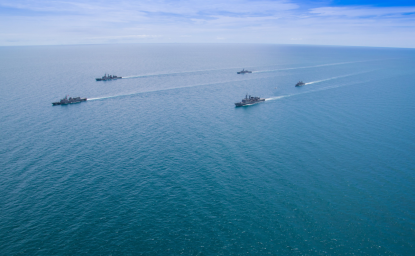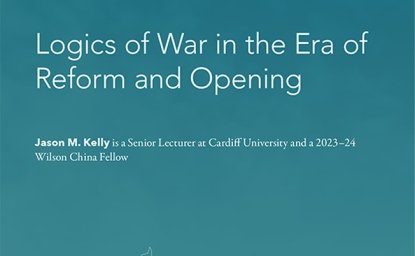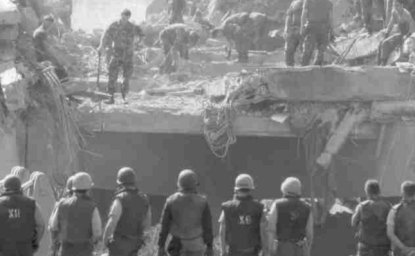Burning Secrets of the Corfu Channel Incident



CWIHP Working Paper No. 70, “Burning Secrets of the Corfu Channel Incident” offers a fresh look at an October 1946 naval incident off the coast of Albania where two British warships struck mines while navigating the Channel near Albanian territorial waters. Using declassified Albanian documents and recently released British documents “previously unknown to the Albanian public,” Lalaj examines this early episode of the Cold War and subsequent legal case at the International Court of Justice.
Prof. Dr. Ana Lalaj is researcher at the Institute of History, in the Center for Albanian Studies and also part time lecturer at Tirana University, in Albania. Lalaj is the director of the Cold War Albanian Study Center, (CWASC), a part of the Cold War International History Project network. She is a former CWIHP Public Policy Scholar, contributor to the CWIHP Bulletin, and Fulbright senior researcher. Lalaj has written two monographs on Kosovo during WWII and following it, and also several articles on Albania in the Cold War. She has participated in a number of national and international scholarly conferences where has presented papers on these topics. Lalaj has served for eight years as the director of the Institute of History in Tirana.
Author
Professor, Albanological Studies Center, Albania

Cold War International History Project
The Cold War International History Project supports the full and prompt release of historical materials by governments on all sides of the Cold War. Read more


History and Public Policy Program
A leader in making key foreign policy records accessible and fostering informed scholarship, analysis, and discussion on international affairs, past and present. Read more

Explore More
Browse Insights & Analysis
Southeast Asia Maritime Security and Indo-Pacific Strategic Competition

La inspiradora historia del soldado y deportista Juan José Florián en Tres Respuestas

Logics of War in the Era of Reform and Opening
